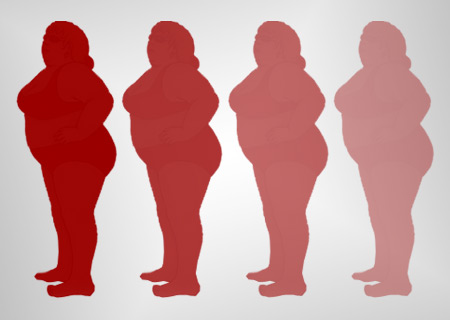‘I look fat in the picture’ are the words coming from a typical delinquent teenager. Though poor body image can be developed in normal day scenarios too, it happens more on Facebook states a team from the Center For Eating Disorders at Sheppard Pratt.
Basically, the scientists suggested that social media has apparently become a feeding ground for consciousness and hyperawareness of one’s body. In the survey conducted, about 51% of the participants revealed that looking at their own or a friend’s image on Facebook seemed to make them increasingly critical of their appearance and weights.
“Facebook is making it easier for people to spend more time and energy criticizing their own bodies and wishing they looked like someone else. In this age of modern technology and constant access to SmartPhones and the internet, it’s becoming increasingly difficult for people to remove themselves from images and other triggers that promote negative body image, low self-esteem and may ultimately contribute to eating disorders,†commented Dr. Harry Brandt, director of The Center for Eating Disorders at Sheppard Pratt.
Another important finding of this study has a lot to do with Facebook’s new feature, the Timeline. Its advanced facilities allow people to track their body weights and looks, which are being used widely. About 53% of the respondents did not desire their present body status as compared to an image taken a few years back. All such attitudes apparently led to anorexic tendencies, the professionals said.
This report is the result of an extensive survey of 600 Facebook users in the age-group 16 to 40.

